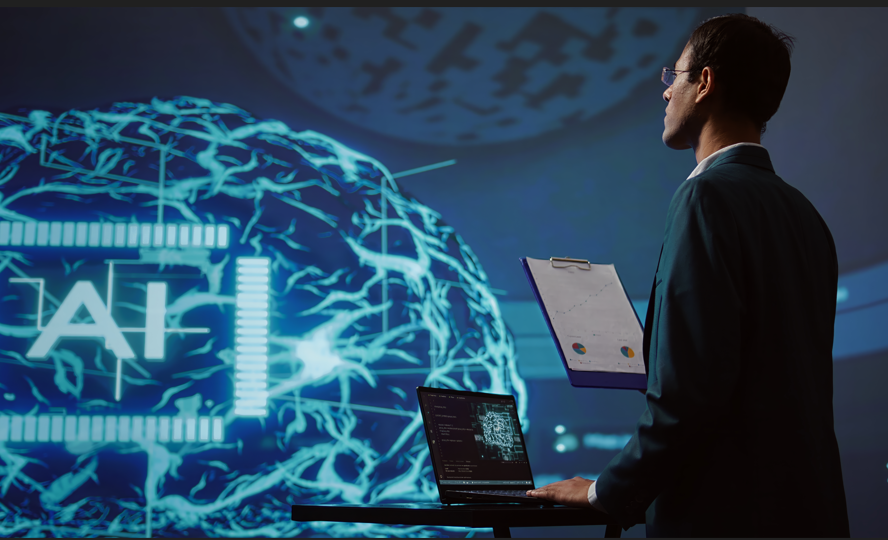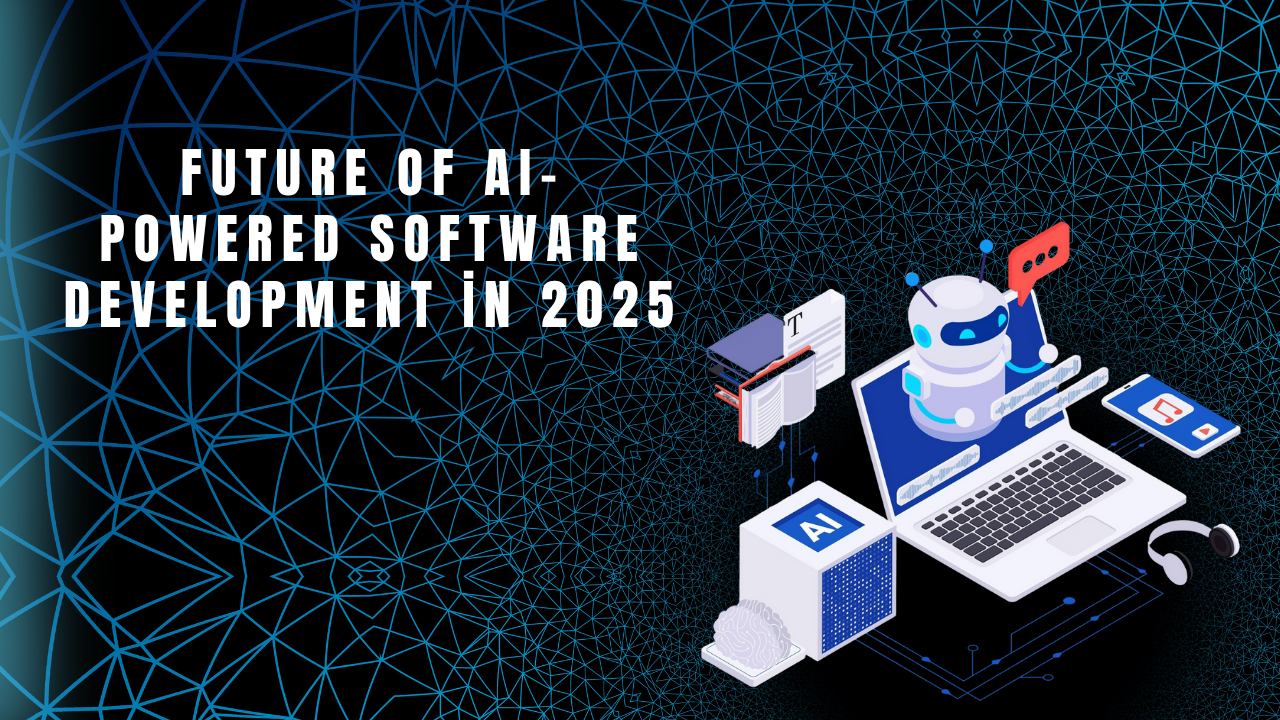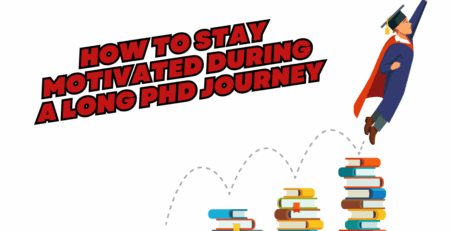Future of AI-Powered Software Development in 2025
Kenfra Research - Shallo2025-06-19T17:02:15+05:30In 2025, AI-Powered Software Development is no longer a futuristic concept—it is a powerful partner in software development. From writing code to testing, debugging, deployment, and even project management, AI-Powered Software Development is transforming every stage of the software development lifecycle. With tools like GitHub Copilot, ChatGPT, and other AI coding assistants becoming mainstream, developers now rely on AI not just to speed up processes but also to enhance quality and innovation.
In this blog, we explore the future of AI-powered software development in 2025, the current trends, key technologies, benefits, challenges, and what developers and businesses should prepare for in this evolving digital landscape.

Introduction
The software development industry is evolving faster than ever before. In 2025, AI-driven automation, smart IDEs (Integrated Development Environments), and natural language coding are pushing the boundaries of what’s possible. With AI now capable of generating code, analyzing massive datasets, identifying bugs, and even suggesting UI improvements, developers are not being replaced—but empowered.
Rise of AI in Software Development
AI in software development began with basic code completion tools. However, as machine learning models grew more sophisticated, they began to understand patterns in code, predict developer intent, and automate repetitive tasks. By 2025, AI has become a strategic component in DevOps pipelines, agile project management, cybersecurity, and customer-driven design.
This rise is largely due to:
- Advancements in natural language processing (NLP)
- Access to large datasets for model training
- Cloud computing and edge AI platforms
- Open-source collaboration and APIs
Key AI Technologies Shaping Software Engineering
Natural Language Processing (NLP)
AI tools can now convert plain English into working code. Developers write “Create a REST API with JWT authentication,” and AI responds with a fully functional code snippet.
Machine Learning (ML)
ML models learn from previous coding patterns, identifying errors and making intelligent suggestions that are contextual and efficient.
Computer Vision
Used in UI/UX design, computer vision can analyze layout designs for accessibility and aesthetic balance.
Predictive Analytics
AI systems analyze past project performance to predict delivery timelines, highlight risks, and optimize resource allocation.
Top AI-Powered Development Tools in 2025
Here are the most popular AI-powered tools used by developers in 2025:
- GitHub Copilot X
An advanced pair-programmer using GPT-4 and beyond. It now includes full project scaffolding, test generation, and doc writing.
- ChatGPT Code Interpreter
Beyond chat, it functions as a full coding assistant with terminal-like capabilities, helping in everything from scripting to complex debugging.
- Amazon CodeWhisperer
An AI coding assistant that integrates with AWS, helping developers write optimized cloud-native applications.
- Replit Ghostwriter
Perfect for solo developers and startups, it enables multi-language code generation, debugging, and learning support.
- Tabnine
A privacy-focused code completion AI used in enterprises with strict data compliance needs.
Benefits of AI in Software Development
Increased Productivity
AI automates boilerplate coding, freeing up developers to focus on creative and architectural decisions.
Enhanced Accuracy
Bugs are caught early by AI models trained on millions of codebases. This reduces testing time and improves stability.
Faster Time-to-Market
Rapid prototyping with AI-driven tools reduces development cycles significantly.
Smarter Decision-Making
AI suggests better libraries, frameworks, or even architectural patterns based on data and trends.
Democratization of Development
Non-technical users can now create applications through no-code and low-code AI platforms, thanks to conversational AI.
Challenges and Ethical Concerns
While the benefits are significant, the future of AI-powered software development in 2025 isn’t without concerns.
Data Privacy
AI models require access to code, some of which might be proprietary or sensitive. Ensuring data privacy and compliance is critical.
Bias in AI
AI can inherit biases from training data, leading to unfair or unsafe software decisions.
Overdependence
Over-reliance on AI tools can result in a lack of deep understanding among new developers.
Intellectual Property Issues
Who owns the AI-generated code? Legal clarity around IP rights is still evolving.
Impact on Software Development Jobs
One of the hottest questions is whether AI will replace developers. The answer is nuanced.
The Developer Role is Evolving
AI is not replacing developers; it is augmenting them. Developers in 2025 act more like architects, curators, and AI supervisors rather than just coders.
New Roles Emerging
- AI Prompt Engineers
- Code Review Analysts
- AI Workflow Integrators
- Ethical AI Auditors
The demand for high-level software engineering skills continues, but basic-level coding may become more automated.
Best Practices for Integrating AI in Development Workflows
If you’re a business or developer looking to embrace AI, here are best practices:
Choose the Right Tools
Evaluate AI tools that fit your team’s size, security needs, and tech stack.
Maintain Human Oversight
Always have developers review and validate AI-generated code before deployment.
Focus on Ethics and Security
Ensure your AI systems are explainable, secure, and fair.
Upskill Continuously
Train developers to work with AI—understanding how it works, and how to prompt effectively.
Start Small, Scale Smart
Integrate AI into specific stages (like testing or documentation) before full adoption.
What the Future Holds: Predictions for 2030
Looking beyond 2025, here’s what we may see:
- AI DevOps Agents: End-to-end pipelines managed by AI.
- Hyper-Automation: Minimal manual intervention across QA, deployment, and monitoring.
- AI-Powered Architecture Planning: Auto-generation of system blueprints based on requirements.
- Ethical AI Regulations: Global standards governing how AI is used in software engineering.
Conclusion
The future of AI-Powered Software Development in 2025 is not about replacing human ingenuity—it’s about amplifying it. As AI continues to streamline coding, automate testing, and enhance project outcomes, developers are free to focus on creativity, architecture, and innovation. Companies that embrace AI-Powered Software Development now are not only gaining a competitive edge but are also future-proofing their development processes.
At Kenfra, we are committed to helping individuals and organizations harness the full potential of AI in software development. From integrating AI tools into your workflows to building intelligent applications, our team provides expert support at every step. Whether you’re a researcher, startup, or enterprise, Kenfra’s AI-driven software solutions are designed to accelerate your growth, improve efficiency, and ensure your digital success in this evolving landscape.






Leave a Reply